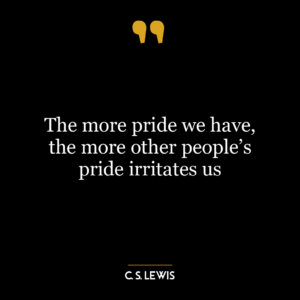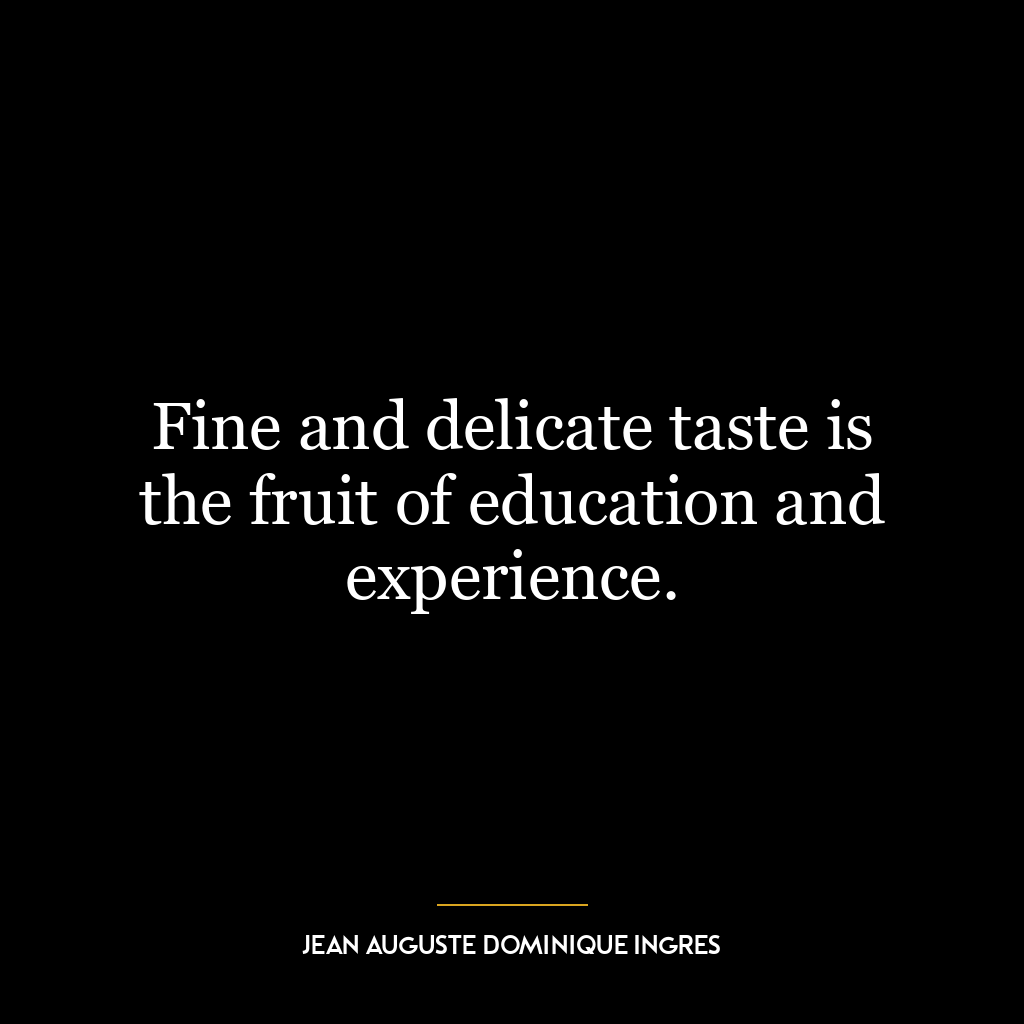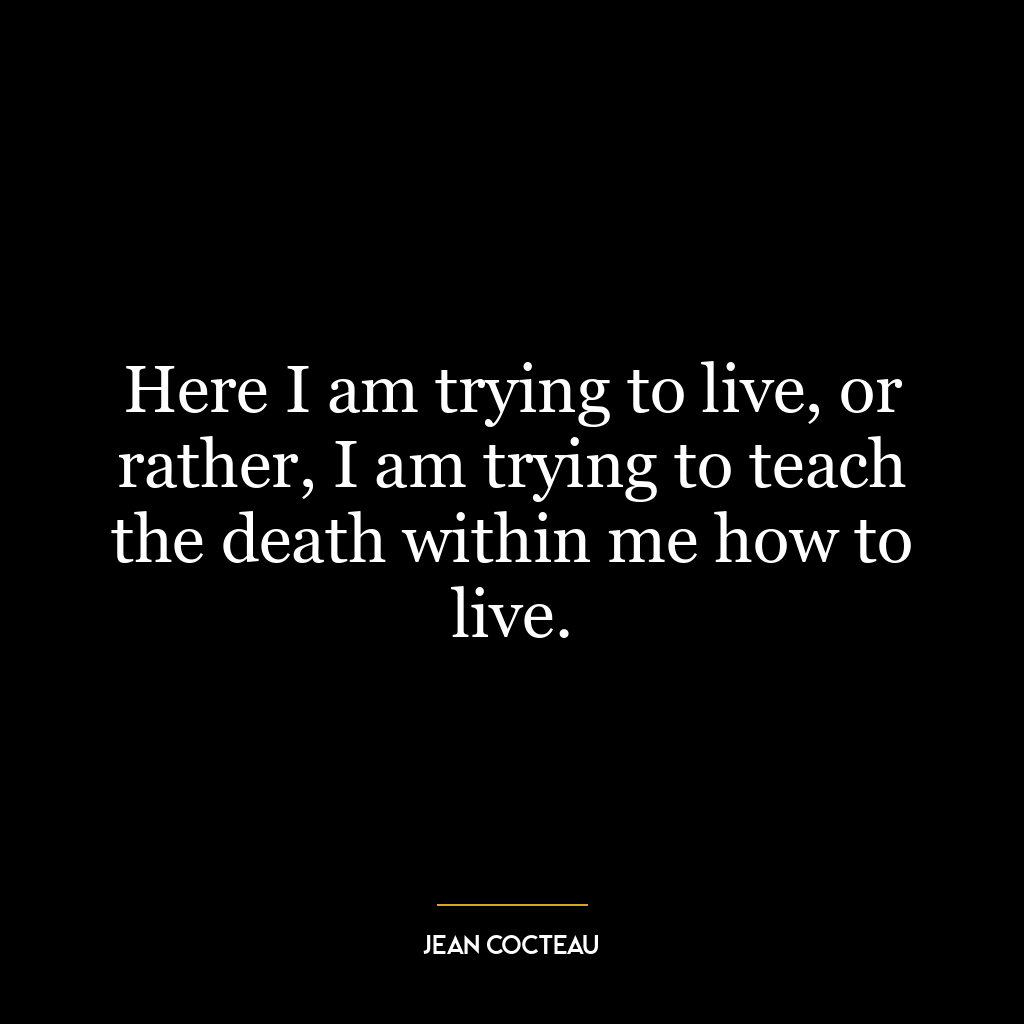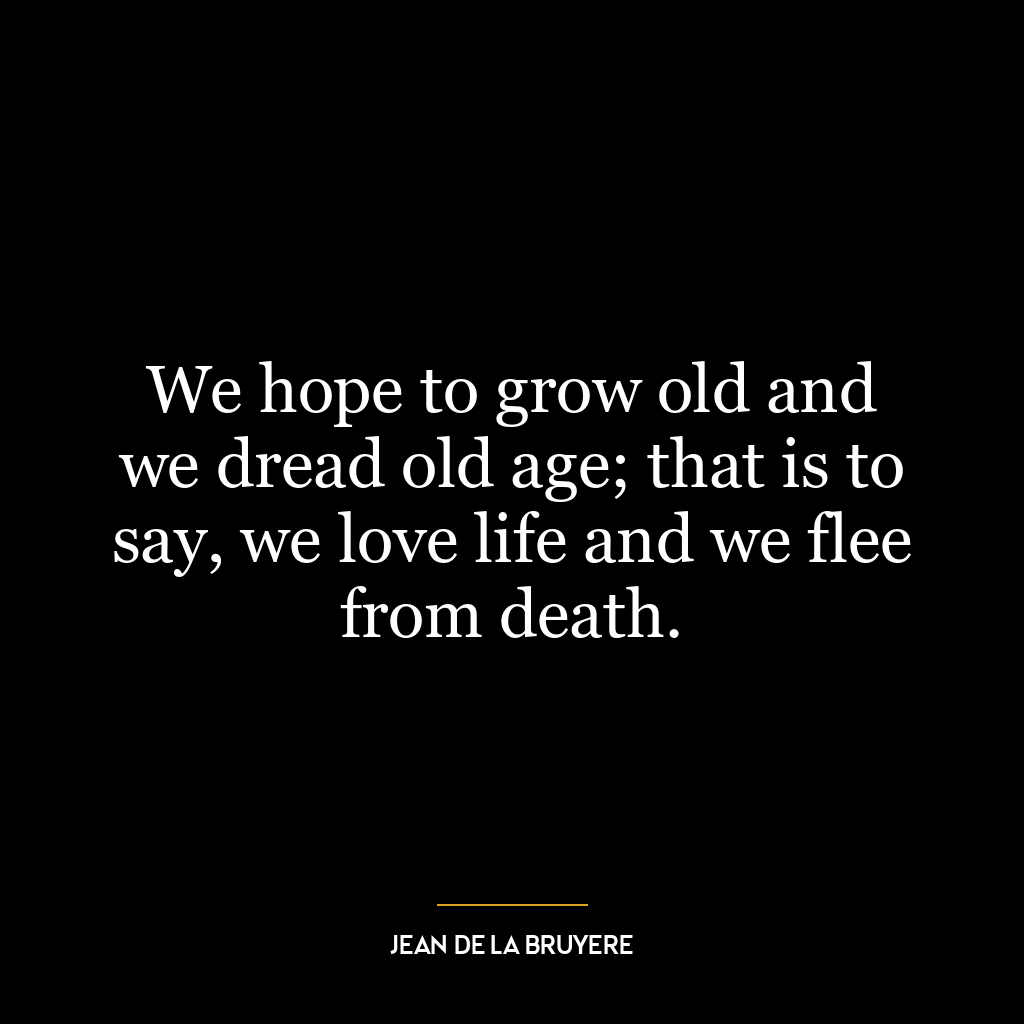Term, holidays, term, holidays, till we leave school, and then work, work, work till we die.
This quote delves into the cyclical nature of human life, particularly in relation to work and rest. The first part “Term, holidays, term, holidays,” refers to the school system where periods of study (term) are punctuated by periods of rest or leisure (holidays). This pattern is something most people are familiar with from a young age.
Then comes “till we leave school,” which marks the transition from childhood and adolescence into adulthood. What follows next is “and then work, work, work till we die.” This part reflects on how adult life is often dominated by continuous labor without significant breaks akin to those enjoyed during school years.
The quote essentially highlights a societal norm where structured learning and leisure time in our early lives give way to an overwhelming focus on continuous work until death. It brings attention to a potential imbalance between work and rest in adult life.
In today’s world, this can be seen in how many people struggle with overworking or burnout due to societal pressures or personal ambition. The idea could be applied personally as a reminder for individuals to seek balance in their lives – not just focusing on career advancement but also ensuring they have quality downtime for relaxation and personal pursuits.
Moreover, it can also serve as an inspiration for rethinking societal norms around employment structures – perhaps advocating for more flexible working arrangements that would allow adults more leisure time akin to ‘school holidays’.
it might inspire introspection about what we consider meaningful labor; if ‘work’ feels like a relentless grind until death rather than fulfilling engagement then perhaps we need reassess our relationship with it – either by seeking out roles that bring us satisfaction or finding joy outside of traditional employment structures.









